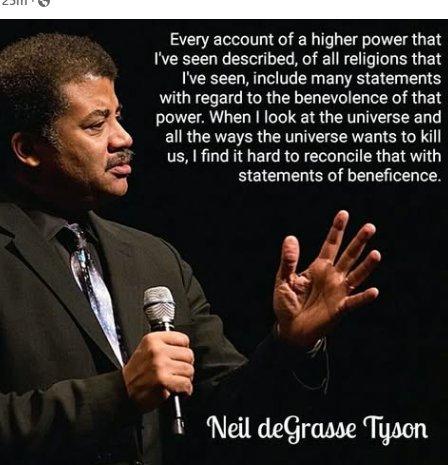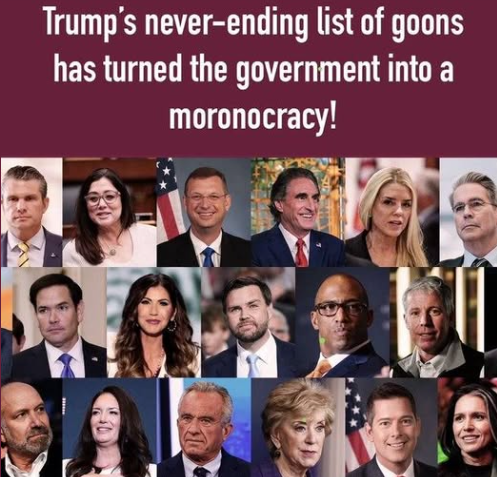This post was written by former SACE Clean Energy Coordinator Julian Harden.
As a longstanding asthma sufferer, the quality of the air I breathe isn’t just a topic of general concern — it’s a matter of personal significance. For individuals like me, managing asthma is not merely a routine; it’s a constant awareness of the air’s impact on our health and daily lives. The U.S. Environmental Protection Agency’s (EPA) recent decisive actions to fortify soot pollution regulations represents hope for people with asthma nationwide.
Let’s delve into how these new regulations are not just bureaucratic decisions; they are a breath of fresh air — quite literally — promising relief from hospital visits, financial strain, and the perpetual struggle for clean, breathable air.
Soot & Asthma
Soot is microscopic particles known to aggravate respiratory conditions. Soot, also known as PM2.5, has long posed a serious threat to public health, in particular to the tens of millions of Americans with asthma. These strengthened standards, imperative for the well-being of all communities, carry specific weight for those of us in the Southeast, where unique environmental challenges often intensify and exacerbate respiratory issues. According to the CDC, the Southeast has more days with stagnant air, which traps local air pollution, and higher levels of soot than other regions of the country.
Asthma is a disease that impacts the lungs and can result in chest tightness and wheezing; and it makes the lungs more susceptible to air pollutants such as soot.
Stronger soot regulations offer a lifeline by addressing the root cause. By curbing the concentration of harmful particles like PM2.5, these regulations aim to reduce asthma exacerbations.
The Financial Strain of Asthma
Asthmatics often take daily prescription medications to keep their condition under control; and even when not dealing with severe symptoms such as wheezing, those who suffer from asthma must carry an inhaler(s) in case of an attack. Especially if you don’t have insurance, the medication is costly. I personally have had to purchase asthma medication without insurance, which is draining financially and emotionally. The burden of high medication costs adds an extra layer of anxiety and stress, compounding the already challenging experience of managing a chronic condition.
Many asthmatics experience extended hospital stays, exacerbating both health concerns and economic stress. Being hospitalized already comes with its own set of worries, but coupled with hefty bills and additional expenses for essential prescription drugs like inhalers and nebulizers, the financial toll becomes overwhelming. As someone who’s had to be hospitalized and subsequently racked up high hospital and prescription costs, I have experienced firsthand these economic and emotional tolls.
Living with asthma also impacts work, as asthmatics may have to miss workdays or take sick days to get their condition back under control.
Stronger soot regulations will help curb the concentration of harmful particles like PM2.5, thereby reducing asthma exacerbations, and translating to fewer hospital visits and a substantial decrease in the financial burden for those of us managing this chronic condition.
A Step Towards Justice
The new regulations also call for modifying the national soot air pollution monitoring network to promote localized data collection in overburdened areas. As air pollution disproportionately harms Black, Hispanic, Latino, Asian, and low-income communities, the updated soot standard and the data collected from the monitoring network will contribute to environmental justice by addressing air quality disparities and fostering a more equitable landscape for respiratory health in overburdened communities. The strengthened soot regulations represent a crucial step for individual health and a stride towards creating a healthier and more just environment for everyone in the Southeast, especially those living with asthma in low-income urban and rural communities, who can now hope to face less of an uphill climb to live their everyday lives.
By alleviating financial strain, reducing hospital visits, and fostering environmental justice, these regulations pave the way for a future where people with asthma can breathe easier, live healthier lives, and thrive without the constant fear of respiratory distress.
The post Breathing Easier: New Soot Rules Will Benefit Asthma Sufferers in the Southeast appeared first on SACE | Southern Alliance for Clean Energy.
Breathing Easier: New Soot Rules Will Benefit Asthma Sufferers in the Southeast
Renewable Energy
Astrophysics and Theology
 At left are the words of Neil deGrasse Tyson, noted astrophysicist and atheist.
At left are the words of Neil deGrasse Tyson, noted astrophysicist and atheist.
His point here seems to be that a loving god would protect us from the threats we face from all corners of the universe.
This is a very common theme in theology: How is it possible that a loving god doesn’t help good people, while allowing evil to prosper?
But it gets worse. Is it a human concept to sentence the unfaithful to suffer eternal torture? Should unfaithful wives be stoned to death?
The list goes on and on.
Renewable Energy
Discussion on Gun Control
 The message at left is that we live among people who believe that every U.S. citizen should be armed at all times. Every teacher, real estate agent, pastry chef, little old lady, and perhaps even our kids themselves, so often murdered by lunatics with assault rifles.
The message at left is that we live among people who believe that every U.S. citizen should be armed at all times. Every teacher, real estate agent, pastry chef, little old lady, and perhaps even our kids themselves, so often murdered by lunatics with assault rifles.
I can hear the Lt. Colonel saying, “The only thing that will stop a psychotic killer with an AR-15 in a schoolroom is a six-year-old with a gun.”
Seriously, there is an important fact here: each year, the United States has 78% of the world’s mass shootings; the other 22% are the aggregate of the other 200+ nations of the world.
Are more guns the answer?
Renewable Energy
Moronocracy
 Quite possibly the single most offensive part of the Trump presidency is that the White House has gone to a great deal of effort to find the very most incompetent people to fill the government’s important positions.
Quite possibly the single most offensive part of the Trump presidency is that the White House has gone to a great deal of effort to find the very most incompetent people to fill the government’s important positions.
We have an anti-science crackpot in change of our healthcare, a climate denier heading up the EPA, and an alcoholic Fox News commentator running the most powerful military in human history.
-
Climate Change4 months ago
Guest post: Why China is still building new coal – and when it might stop
-
Greenhouse Gases4 months ago
Guest post: Why China is still building new coal – and when it might stop
-
Climate Change2 years ago
Spanish-language misinformation on renewable energy spreads online, report shows
-

 Greenhouse Gases2 years ago
Greenhouse Gases2 years ago嘉宾来稿:满足中国增长的用电需求 光伏加储能“比新建煤电更实惠”
-
Climate Change Videos2 years ago
The toxic gas flares fuelling Nigeria’s climate change – BBC News
-

 Climate Change2 years ago
Climate Change2 years ago嘉宾来稿:满足中国增长的用电需求 光伏加储能“比新建煤电更实惠”
-

 Carbon Footprint2 years ago
Carbon Footprint2 years agoUS SEC’s Climate Disclosure Rules Spur Renewed Interest in Carbon Credits
-
Climate Change2 years ago
Why airlines are perfect targets for anti-greenwashing legal action



